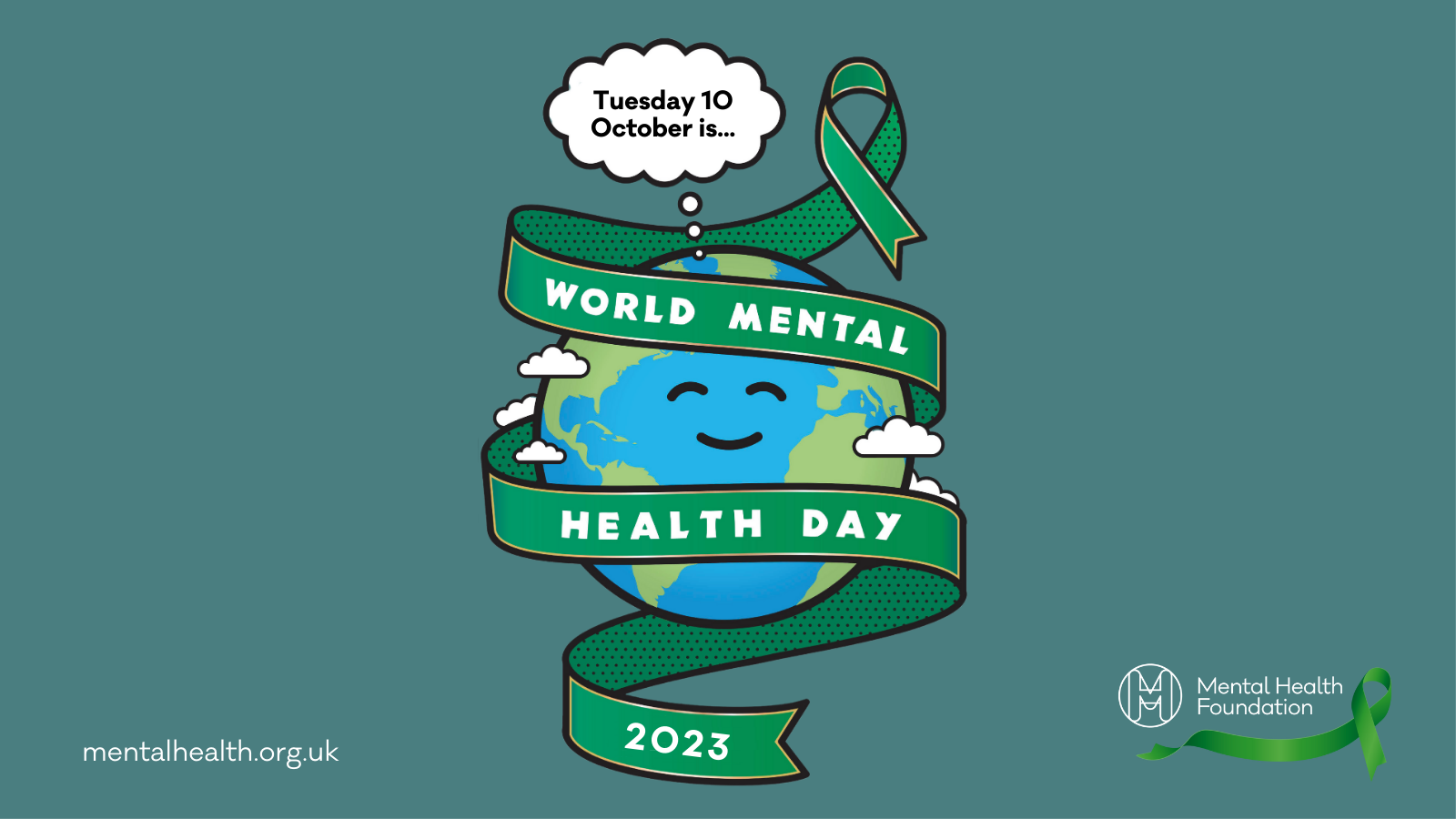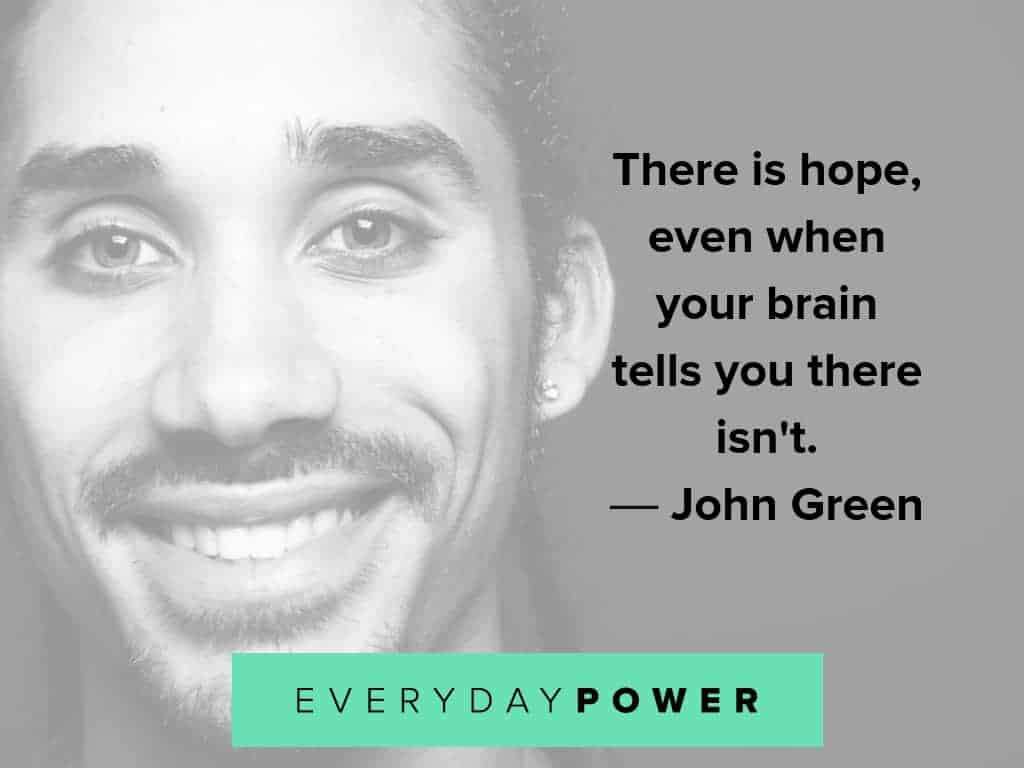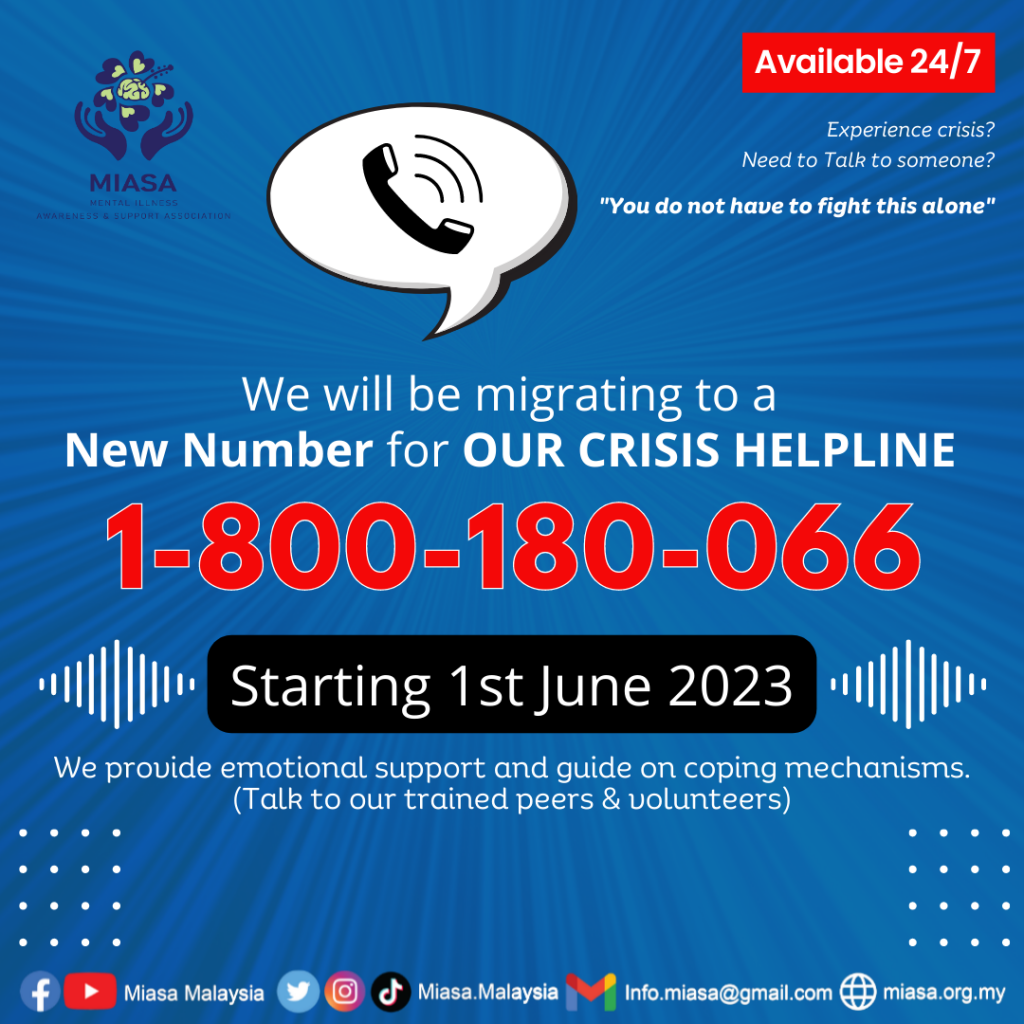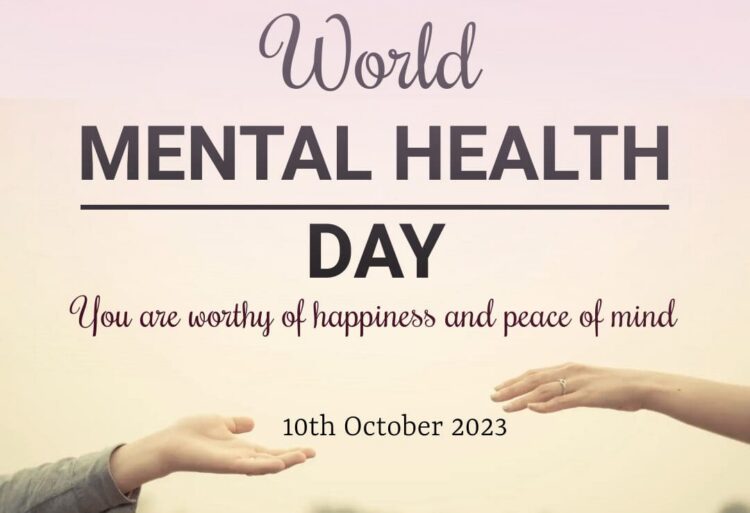Mental health is not a destination, but a process. It’s about how you drive, not where you’re going.
– Noam Shpancer, PhD
World Mental Health Day is an annual global event celebrated on October 10th to raise awareness about mental health issues, promote mental well-being, and advocate for the destigmatisation of mental health conditions. In a world where the pressures of modern life can take a toll on our mental health, this day serves as a reminder of the importance of prioritizing our emotional and psychological well-being.
Mental health is a fundamental aspect of human well-being, yet it has long been a topic shrouded in stigma and misunderstanding. According to the World Health Organization (WHO), mental health conditions affect one in four people globally, making them a leading cause of disability worldwide. Despite these staggering numbers, mental health issues are often overlooked or dismissed, leading to inadequate access to care and support.

It contributes to our capacity to make choices, foster relationships, and influence the world around us, both individually and collectively. It is an essential human entitlement, with profound implications for personal growth, community cohesion, and socio-economic progress.
Mental well-being transcends mere absence of mental disorders; it spans a diverse spectrum. Individuals experience it uniquely, with varying degrees of challenge and distress, leading to distinct social and clinical outcomes.
Breaking the Stigma
One of the most significant challenges in addressing mental health concerns is the stigma attached to them. Stigma can manifest as discrimination, prejudice, and stereotypes, preventing individuals from seeking help or disclosing their struggles. World Mental Health Day plays a crucial role in breaking down these barriers by fostering open conversations and creating a safe space for people to share their experiences.
Numerous individuals tend to underestimate the significance of mental health problems, while concurrently, there is a prevalent tendency to dismiss or trivialize the experiences of those grappling with depression and other mental health issues.
TODAY IS WORLD MENTAL HEALTH DAY! Let's make #WorldMentalHealthDay top trending. Attention on social media can lead to more awareness and give #mentalhealth a higher priority worldwide. Please help us to reach as many people as possible by retweeting and using our hashtag💚 pic.twitter.com/apqIwefHac
— WorldMentalHealthDay (@WMHDay) October 10, 2019
This phenomenon can be attributed to a lack of awareness and understanding surrounding mental health concerns. Many people may not fully comprehend the profound impact that these conditions can have on an individual’s life. Consequently, they may not accord the same level of seriousness or empathy to mental health challenges as they would to physical ailments.
Furthermore, the stigma associated with mental health issues often leads to discrimination and invalidation of individuals facing these struggles. Those suffering from depression or other mental health conditions may find their experiences downplayed or even met with skepticism, exacerbating their feelings of isolation and distress.
We shouldn’t hesitate to tell people that we are going through mental health issues. We should consult the doctor to seek help for our issue which is disturbing. Ignoring it, will develop the mental disorder which will destroy us!
Education and Awareness
World Mental Health Day serves as a platform for education and awareness. It encourages individuals, communities, and organizations to learn about common mental health conditions, their signs and symptoms, and the available resources for treatment and support.
Education and awareness surrounding mental health issues have become increasingly crucial in our society. The stigma that has long surrounded mental health is slowly being eroded as we gain a better understanding of the importance of mental well-being.

One of the primary benefits of education and awareness campaigns on mental health is the reduction of stigma. Stigma can lead to discrimination, shame, and isolation for individuals facing mental health challenges. Through education, people can gain insights into the complexity of mental health issues and learn to empathize with those who are affected. As a result, individuals are less likely to judge or stigmatize those seeking help or experiencing mental health conditions.
This will also empower individuals to recognize signs of mental health problems, both in themselves and in others. When people are educated about the symptoms and risk factors of mental health issues, they are more likely to seek help when needed. Early intervention can prevent conditions from worsening and improve the effectiveness of treatment.
Building Resilience
According to American Psychological Association, psychologists define resilience as the process of adapting well in the face of adversity, trauma, tragedy, threats, or significant sources of stress—such as family and relationship problems, serious health problems, or workplace and financial stressors. As much as resilience involves “bouncing back” from these difficult experiences, it can also involve profound personal growth.
Life doesn’t provide a predetermined path, but it presents us with various hurdles and upheavals, ranging from everyday obstacles to profound, long-lasting events such as the loss of a loved one, a life-altering accident, or a severe illness. These transitions have distinct impacts on individuals, evoking a range of thoughts, intense emotions, and an inherent sense of unpredictability. Nevertheless, individuals tend to adjust and cope effectively with time when confronted with life-altering and stressful circumstances, largely owing to their resilience.

Hence, building resilience is a crucial aspect of maintaining good mental health. Resilience enables individuals to bounce back from adversity, adapt to change, and thrive despite life’s challenges. On World Mental Health Day, experts often provide guidance on developing resilience through strategies like stress management, self-care, and seeking support from friends, family, or mental health professionals.
Mental Health Treatment And Support
The right to access mental health care is a basic human entitlement. Regrettably, numerous individuals encounter obstacles when attempting to avail themselves of treatment and assistance. On this day, mental health advocates and organizations across the globe unite in their efforts to demand enhanced mental health services, shorter waiting periods, and more seamless integration of mental health care within the larger healthcare framework.
Access to mental health care should be considered a fundamental human right, akin to access to physical health care. Just as people have the right to seek medical treatment for physical ailments, they should also have the right to access care for their mental well-being.
Notably, there is a help centre in Malaysia named as ‘Mental Illness Awareness and Support Association’ who are ready to help Malaysians who suffer from mental health issues. Here are few other available helplines for mental health issues.

Various barriers can hinder people from obtaining the mental health support they need. World Mental Health Day serves as a platform for advocates and organizations to amplify their voices and raise awareness about the challenges individuals face when trying to access mental health care. It shines a spotlight on these issues, urging society to recognize the urgency of the matter.
World Mental Health Day Observed in Global Platform
World Mental Health Day is not limited to a single country or region; it’s a global movement. On this day, governments, non-governmental organizations, and mental health advocates worldwide come together to share knowledge, resources, and initiatives aimed at improving mental health on a global scale. Collaborative efforts like these are essential in addressing the complex challenges associated with mental health.
This serves as a powerful reminder that mental health is a universal concern that touches the lives of millions of people worldwide. By breaking down stigma, promoting awareness, and fostering resilience, we can create a world where mental health is valued, supported, and prioritized.
Together, we can work towards a future where everyone has the opportunity to lead a mentally healthy life, free from discrimination and prejudice. So, this World Mental Health Day, let’s commit to breaking the silence, raising awareness, and building a more compassionate and inclusive world for all.
Source: World Health Organization (WHO)
Follow us on Instagram, Facebook or Telegram for more updates and breaking news.








